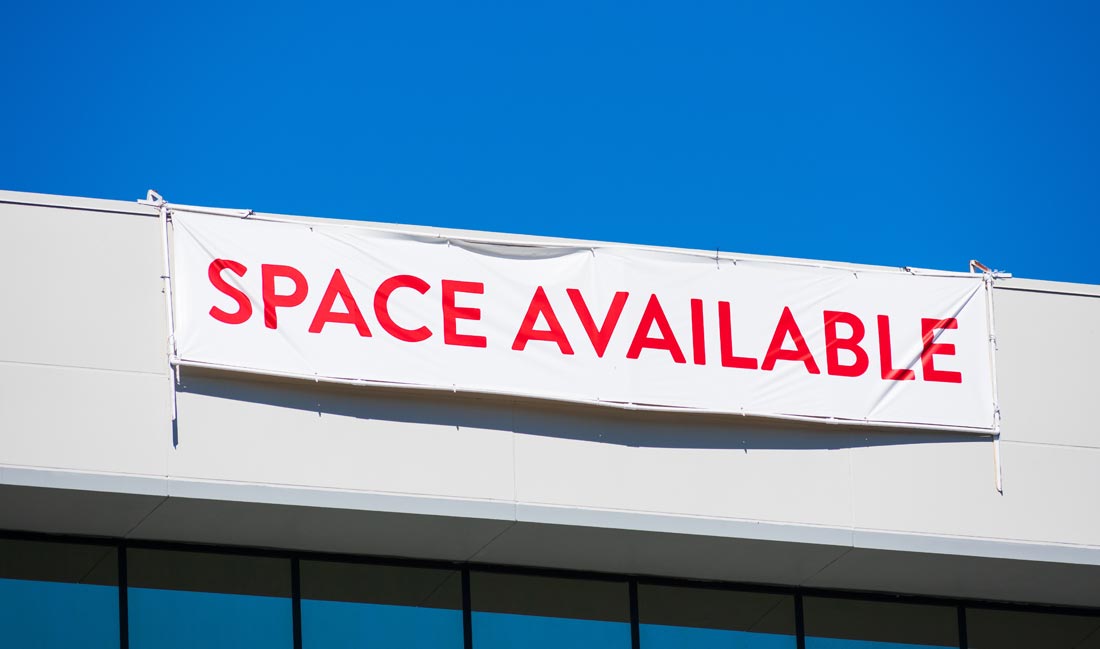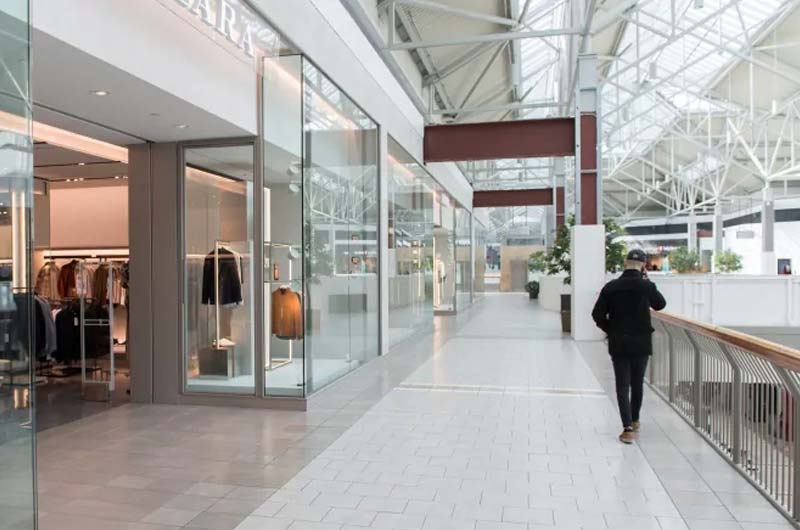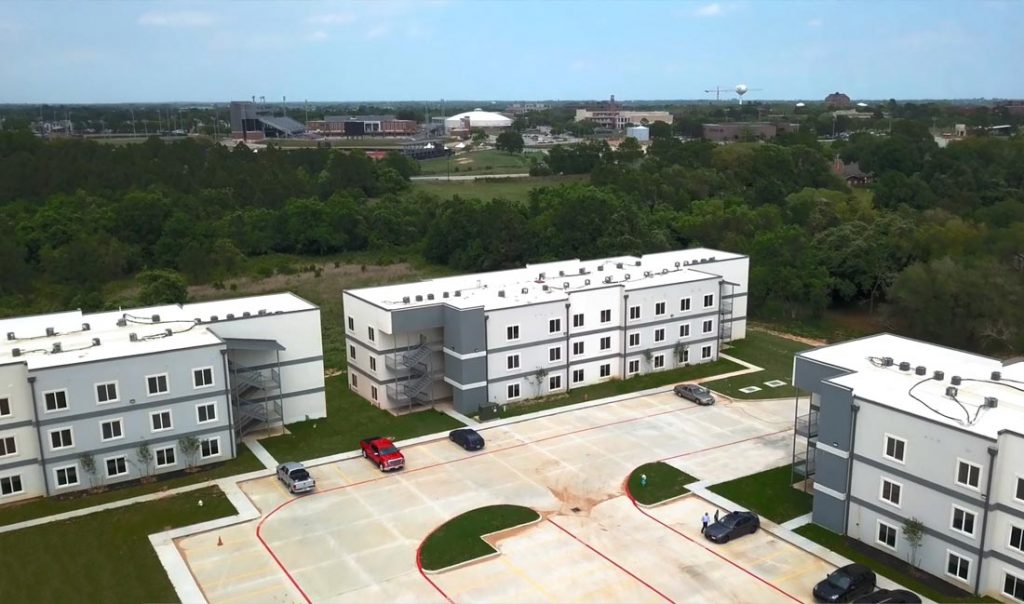Retail Landlords Offer Pandemic Clauses in New Leases

In a rarely seen move for retail landlords, many leases now include rent deferral options in the case of pandemic-related shutdowns.
Insurance policies don’t typically include coverage for losses incurred by a pandemic such as COVID-19. As a result, retail landlords are trying to attract tenants with forgiving terms given the virus’s potential to create more disruption.
Several new strains of COVID-19 have already been identified. While the vaccines available are all at least somewhat effective against these new strains, there’s no way to predict whether additional, more resistant strains will appear in the future.
Pandemic clauses in leases let tenants breathe a little easier, knowing that another shutdown won’t necessarily mean having to pay rent while business is closed. As for landlords, partial rent deferral clauses allow them to continue to collect some income and retain tenants while weathering uncertainty.
How Pandemic Clauses Work
Some clauses are quite generous. For example, a landlord may offer a minimum base rent of 50% if regulators prohibit tenants from operating their business as part of COVID-19 restrictions. The tenant can repay the difference after businesses reopen.
Another creative solution is to base rent on the retailer’s sales. A “percentage rent,” as the name suggests, is when rent is based on a percentage of the retailer’s sales. This special rent would kick in if sales decline past a certain point.
For example, one development company in Detroit allowed some of its 125 restaurant and retail tenants to pay 7% of gross sales instead of base rent in 2020. It also reduced restrictions on the use of security deposits, allowing some tenants to use those funds to reconfigure and reopen their stores. Only two tenants permanently closed down under these generous extensions.
Some have taken things even further. To entice tenants seeking flexibility in store layout and outdoor space usage, landlords offer more allowance to alter and improve spaces. Others even assist those looking to place tables outside on sidewalks or provide curbside pickup.

Retail Landlords Have to Compete for Tenants
Because of the events of 2020, retail space is abundant. Tenants are in a position of power, having many options for affordable commercial real estate properties.
“We are seeing rents 25% cheaper than pre-COVID 19,” said Corey Bialow, chief executive at Bialow Real Estate LLC, a firm that represents retail tenants. “Some landlords may not make a profit for six to seven years.”
Some retailers are growing thanks to the pandemic, such as delivery-friendly and spacious restaurants, apparel retailers, grocery stores, and discount stores. These expanding industries can take advantage of space left by less fortunate retailers.
It’s important to consider the impact on specific retailers seeking commercial real estate property. Pet stores, for example, were deemed essential in many places during the harshest shutdowns in 2020. However, that could be different if a new virus strain proves more dangerous than the initial COVID-19 strain that shut stores down.
It doesn’t help that work-from-home has slowed down building inspections and other processes necessary for signing leases. The operational changes brought on by the pandemic means the multiple parties involved in retail commercial real estate have to overcome tech hurdles in an industry that was still operating mainly with paper-based processes up until 2020.

Who Should Bear the Burden of Risk In A Pandemic?
While occupancy is important, landlords believe they shouldn’t have to be the only ones to accept risk in a pandemic-battered economy. A pandemic, after all, could be considered an “act of God,” or force majeure event. This is something included already in many leases, and courts still haven’t decided whether a pandemic legally qualifies.
If it did, landlords could be left holding the buck and struggling to get financing for properties. By offering clauses specifically addressing the pandemic, they keep COVID-19 out of the force majeure definition within a lease and retain the ability to collect some rent and retain occupancy.
Others have turned to license agreements instead of leases. These have shorter terms and make it easier for either the tenant or the landlord to end the contract. Some simply include more favorable kick-out clauses allowing tenants to vacate in the case of low sales or shopping center occupancy.
However, tenants aren’t necessarily looking for an easy exits. Retailers want to know that the store they feel confident investing in will be around for the length of a lease. As a result, national tenants are asking for pandemic language in new leases for commercial real estate spaces. They’ve seen the effects of the pandemic and expect them to continue.

What Commercial Real Estate Investors Should Keep in Mind
With Texas and Mississippi recently rescinding mask mandates, there’s a chance that those states will see infection surges. That may hit retailers harder than others if restrictions are deemed necessary again. With often unpredictable local and state government ordinances changing the forecast, it’s hard to be sure when retailers’ risk is low enough to sign a lease.
This can feel like an impossible position for commercial real estate landlords, but it doesn’t have to be. Smart pandemic clauses in new leases offer flexibility to both tenants and landlords in these uncertain times. They may not become permanent features of commercial leases, but they’ll certainly options for renters and owners of retail spaces.
To navigate this new commercial real estate landscape, investors should seek the advice of experienced financial professionals. Contact Pioneer Capital Realty to learn why commercial real estate investing today is more accessible than ever before.
Join CREMembers.com, and Connect to Commercial Real Estate
CREMembers.com is specifically designed to help you connect and grow your professional commercial real estate network. It is free to join and start, or you can always Go Pro for all the benefits like the: Lender Database, Vendor Database, Virtual Events, Industry News, Podcast Interviews, and Free Industry Training. Get started connecting to commercial real estate today. Join CREMembers.com and Connect to Commercial Real Estate, Grow Your Professional Network, and Learn Commercial Real Estate from Industry Experts.





Responses